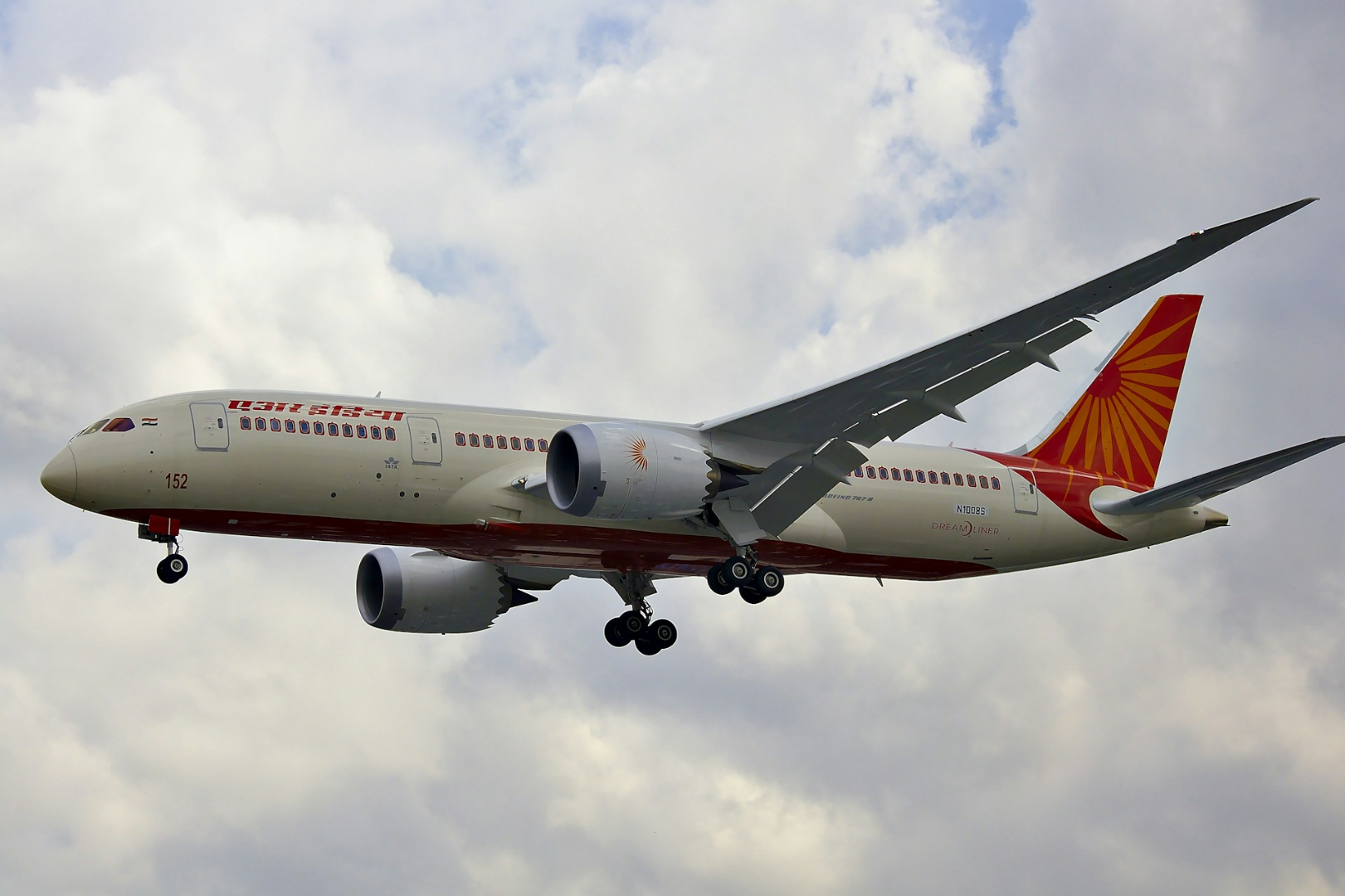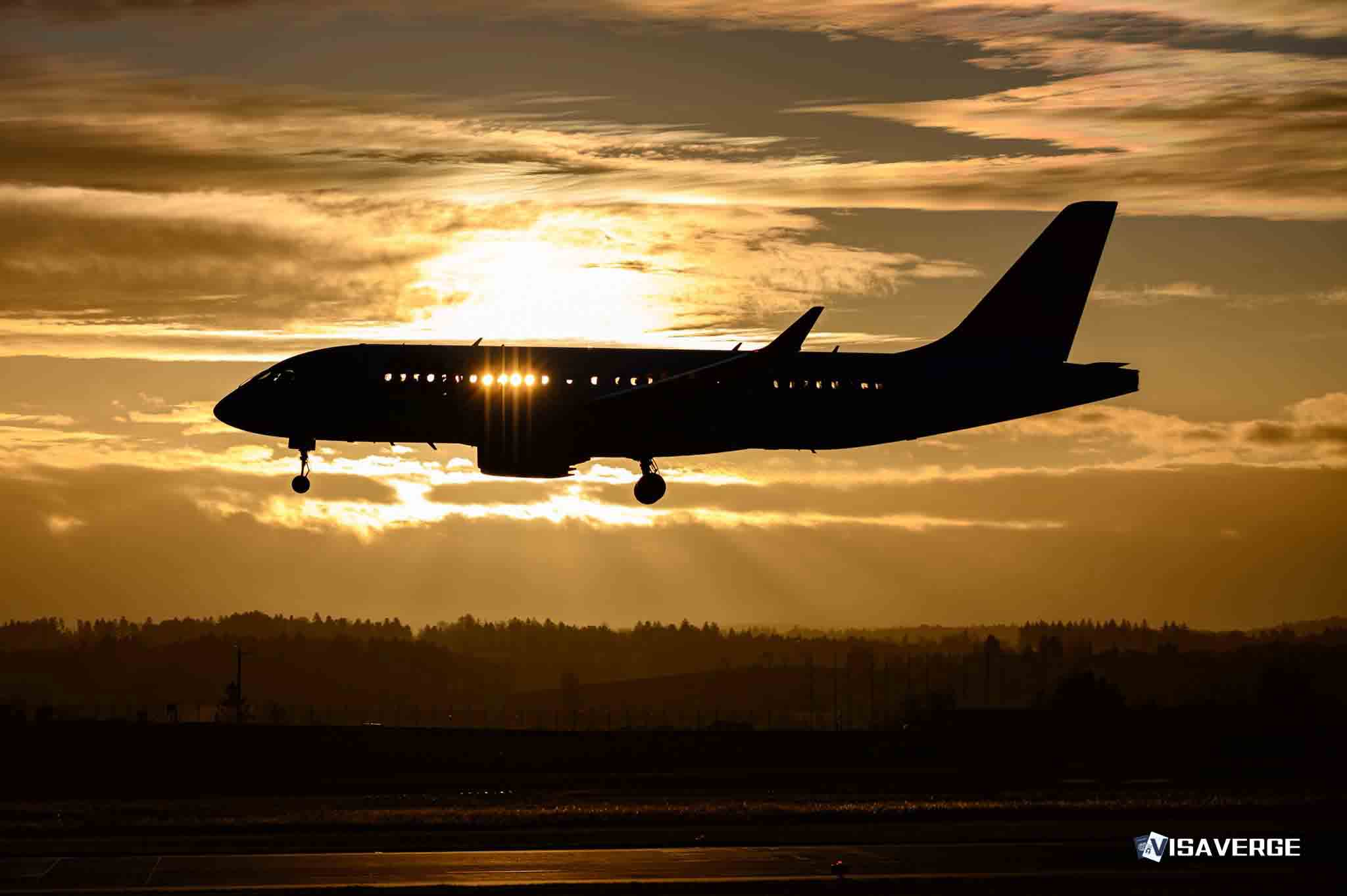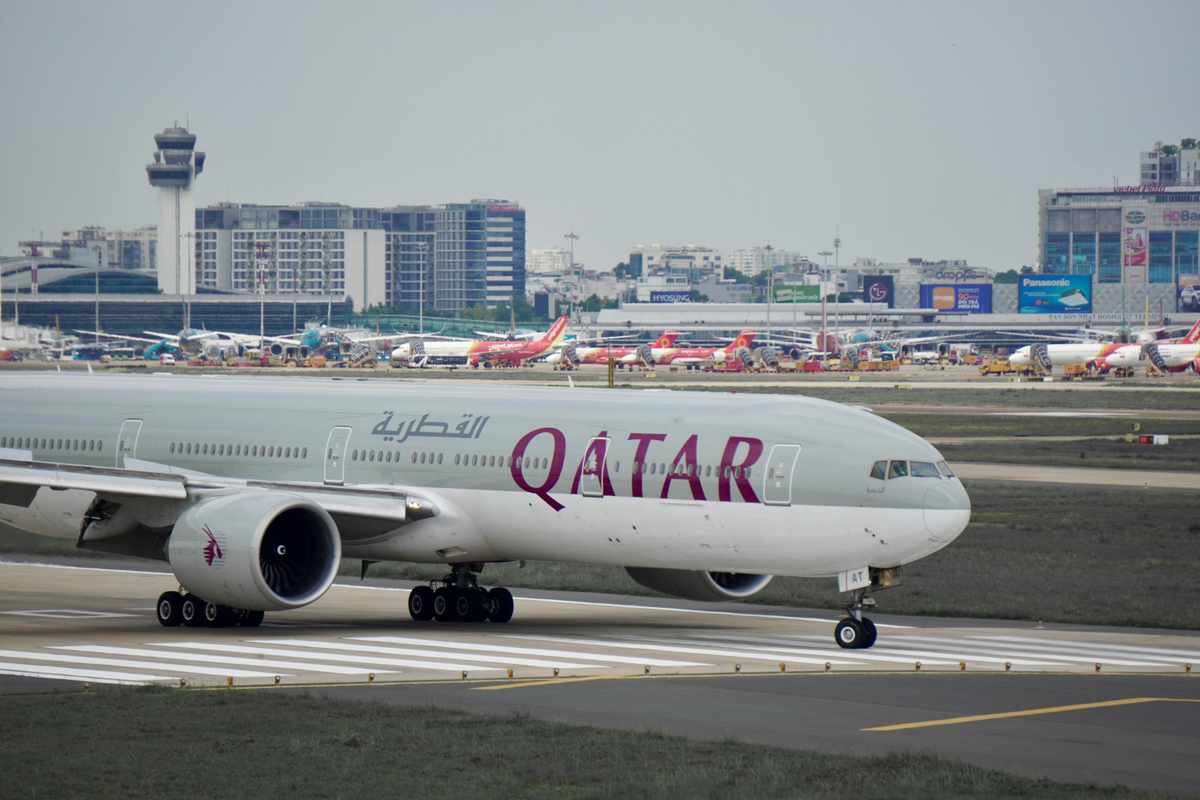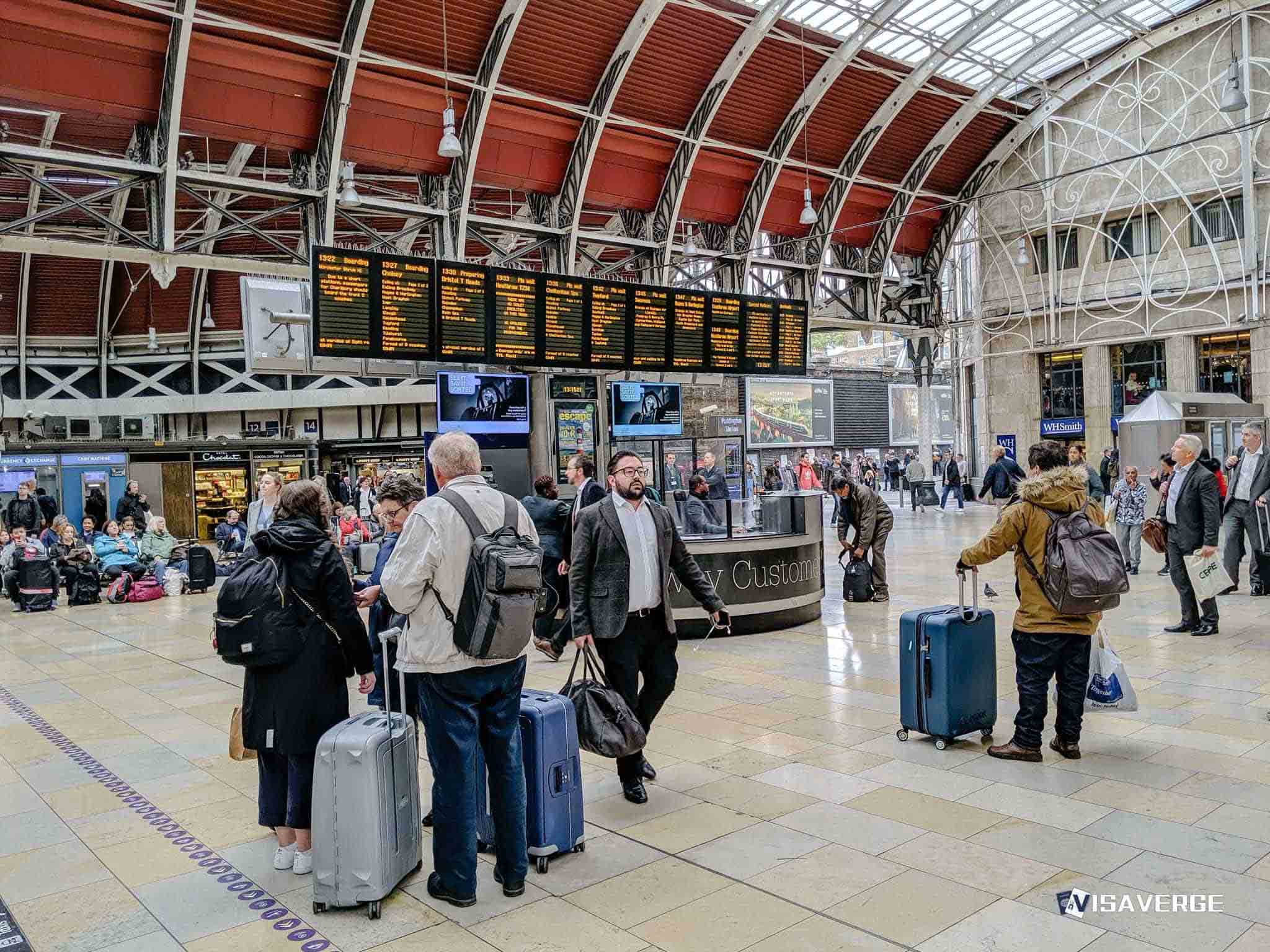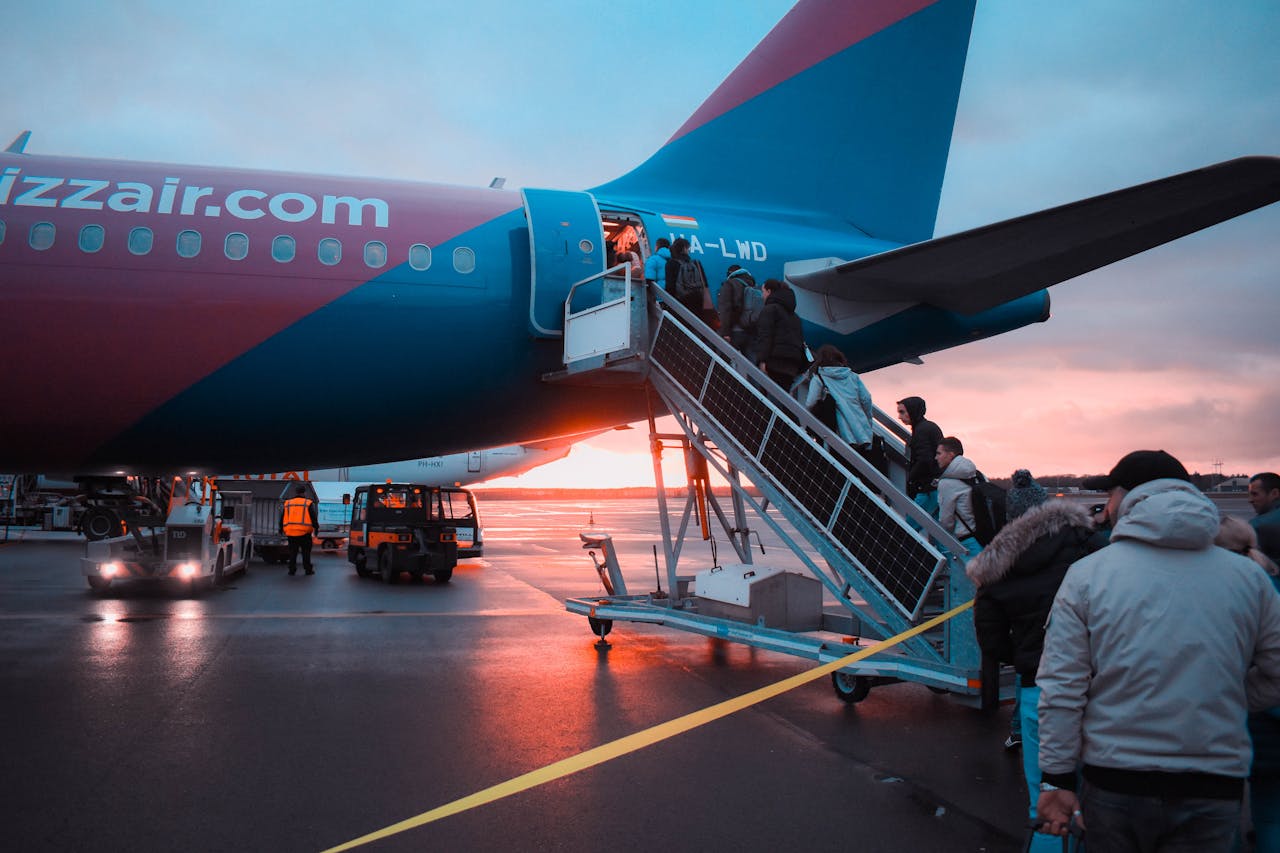Key Takeaways
- In January 2025, a Utah federal judge granted a TRO allowing an F-1 visa student to play varsity football.
- The Utah court ruled the UHSAA’s “Student Visa Eligibility Rule” likely violated the Fourteenth and Supremacy Clauses.
- National inconsistency in F-1 student participation rules may prompt future lawsuits and potential federal guidelines for high school sports.
The question of whether students on F-1 visas should be allowed to participate in high school sports at the varsity level has sparked widespread debate across the United States. Recent legal challenges and policy changes have brought this issue into the spotlight, raising concerns about fairness, recruitment practices, and the treatment of international students in American schools.
Key Legal Challenges: A Case from Utah
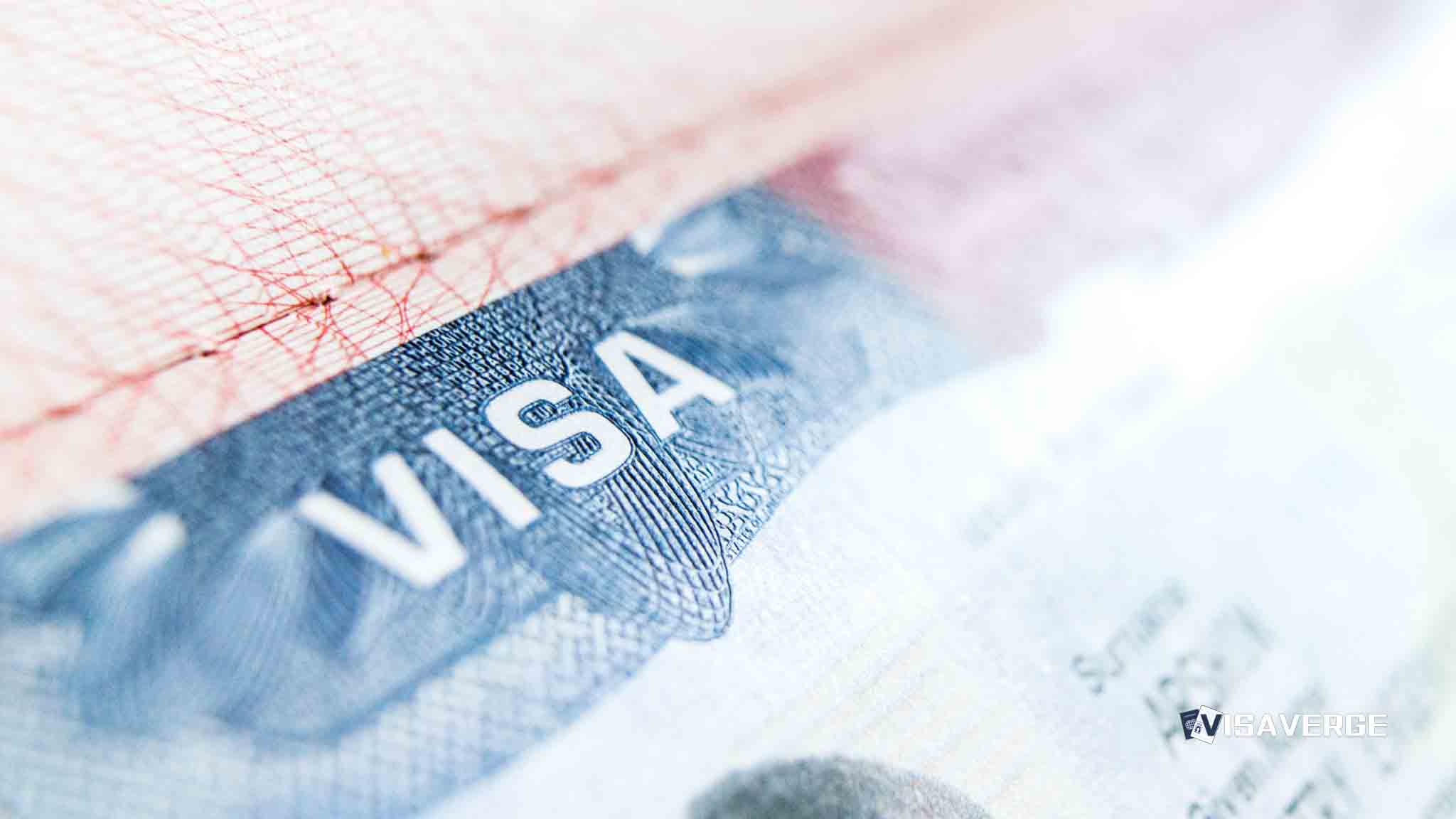
In January 2025, a federal judge in Utah issued a significant ruling on this matter. The judge granted a temporary restraining order (TRO) in favor of a high school student, Szymakowski, who held an F-1 visa. This decision allowed him to participate in varsity football despite restrictions imposed by the Utah High School Activities Association (UHSAA). The UHSAA had introduced its “Student Visa Eligibility Rule” in 2024, which limited students on F-1 visas to non-varsity sports unless their school forfeited playoff eligibility or opted for independent status.
The court found that this rule likely violated the Equal Protection Clause of the Fourteenth Amendment, which protects individuals from unequal treatment by government entities. The judge also referenced the Supremacy Clause of the U.S. Constitution, emphasizing that decisions affecting F-1 visa holders must be made at the federal, not state, level. The ruling underscored that while F-1 student athletes face many restrictions related to their visas, it is Congress—not athletic associations—that holds the authority to impose such limitations.
Different Rules Across States
The policies surrounding high school sports participation for F-1 visa students vary greatly from state to state. This uneven landscape has added to the complexity of the debate.
- In Utah: Before the recent court ruling, the UHSAA prohibited F-1 visa students from varsity competition altogether.
- In Arizona: Students with F-1 visas are also barred from varsity-level play under policies set by the Arizona Interscholastic Association (AIA).
- Elsewhere: Many state athletic associations have adopted less restrictive policies. The Utah court noted that some states still prioritize student welfare and discourage inappropriate recruitment without outright banning F-1 visa students from varsity sports.
This lack of consistency underscores the absence of a unified national approach to the issue. State-by-state policies lead to uneven opportunities for international students depending on where they study.
Why Are These Restrictions in Place?
Supporters of restrictions on F-1 visa students participating in varsity sports often cite several reasons for these rules:
- Concerns about athlete recruitment: School administrations and athletic associations worry that international students may be recruited improperly by high schools looking to bolster their sports teams.
- Student welfare: Reports have highlighted cases where F-1 visa student-athletes endured harsh living conditions, such as sleeping on floors or becoming homeless.
- Maintaining competitive balance: In certain sports, such as basketball, one or two athletes can significantly enhance a team’s performance. Decision-makers see these rules as a way to manage fairness within competitions.
Consequences for International Student-Athletes
For students on F-1 visas, these restrictions can have a profound impact—educationally, athletically, and personally.
- Missed opportunities: Prohibiting international students from varsity-level sports may hurt their chances to be noticed by college recruiters. As a result, their opportunities for athletic scholarships and post-secondary education might be limited.
- Uneven treatment: Unlike their peers with J-1 exchange visas, who often face fewer restrictions, F-1 visa students encounter additional hurdles in accessing the same athletic opportunities.
- Narrower educational choices: Many students select high schools based on both academics and sports. When athletic opportunities are restricted, it forces international students to rethink their schooling options, limiting access to programs that align with their aspirations.
A Broader Look at International Student-Athlete Participation
Despite these challenges, international students have long been key contributors to the world of U.S. sports, especially at the collegiate level. Recent data highlights their growing influence:
- The NCAA reports that nearly 25,000 international athletes compete across its sports divisions.
- In Division I sports, the most elite collegiate level, international students made up 12.8% of all student-athletes in 2022, increasing from 12.3% in 2021.
- Division II programs saw 7.4% international student-athletes in 2022, an increase from 6.5% the year before.
- Some sports see even higher participation by international athletes. For instance, 64% of first-year student-athletes in Division I men’s tennis were international in 2022.
High school sports often serve as a crucial stepping stone to participation in college athletics. Rules limiting international students at the high school level could potentially restrict pathways for these students to achieve their athletic and educational goals.
Implications for Schools and Athletic Programs
The ongoing disputes surrounding F-1 visa students raise important questions for schools and athletic organizations. Legal rulings like the Utah federal case suggest that current rules may require urgent reevaluation to comply with federal laws. This could have the following effects:
- Revising policies: Athletic programs might need to rewrite their eligibility rules to align with constitutional principles.
- Recruitment reform: Schools may need to ensure that recruitment practices for international athletes are transparent and lawful.
- Support systems: Broad improvements are needed to address concerns about housing, food security, and overall well-being for F-1 visa students.
- Competitive adjustments: If more international students are allowed to play varsity sports, coaches and administrators may have to account for shifts in the competitive balance of their programs.
The Road Ahead: Future Trends and Challenges
The controversy over F-1 visa students and their access to high school sports will likely lead to more legal challenges and policy changes. Here’s what might be on the horizon:
- Legal ripple effects: The Utah ruling could inspire similar lawsuits in other states, resulting in a trend toward greater uniformity in policies nationwide.
- Federal guidance: The court in Utah emphasized that F-1 visa restrictions fall under federal authority. This may encourage federal regulators to create national guidelines for international students participating in high school sports.
- Expanding debates: The issue remains charged with emotions as officials try to balance fairness in sports while promoting equal access for all students.
- NIL complexities: Another dimension is the rise of Name, Image, and Likeness (NIL) rules, which let college athletes earn money from sponsorships. F-1 visa rules currently restrict these opportunities, adding further tension for upcoming athletes looking to build their careers in the United States.
Final Thoughts
As highlighted by VisaVerge.com, the debate about how F-1 visa students fit into the realm of high school sports has broader implications for education, equity, and competition in the U.S. While this issue remains divisive, its significance extends well beyond any one state or athletic program. Legal precedents like the case in Utah could reshape the participation rules for international students in high school sports for years to come. It’s a topic that calls for thoughtful discussion as schools, athletic associations, and the federal government navigate these challenges together.
For official information about F-1 visa regulations, you can visit the U.S. Citizenship and Immigration Services (USCIS) page on student visas.
Learn Today
F-1 Visa → A nonimmigrant visa allowing international students to study in the U.S. at accredited schools or universities.
Varsity → The principal team representing a school in competitive sports, typically at a higher level than non-varsity teams.
Equal Protection Clause → A section of the Fourteenth Amendment ensuring individuals are not treated unequally by government entities without justification.
Supremacy Clause → A constitutional principle stating federal law overrides conflicting state laws in areas explicit to federal authority.
Temporary Restraining Order (TRO) → A short-term court order preventing certain actions until a formal hearing or decision is made.
This Article in a Nutshell
Should F-1 visa students play varsity high school sports? The debate highlights fairness, recruitment ethics, and international student treatment. A 2025 Utah ruling deemed restrictions unconstitutional, sparking nationwide scrutiny. Unequal policies limit opportunities for talented athletes, yet reform could balance fairness and inclusion. The question: Can sports transcend borders to unify competition?
— By VisaVerge.com
Read more:
• Governor Kevin Stitt Blocks Plan to Track Immigration Status of Students
• Oman E-Visa 2025 Brings New Opportunities for Pakistani Students
• Fewer International Students in Netherlands as English Restrictions Tighten
• Fake Admission Scam Exposes Betrayal of NRI Students in West Bengal
• Indian Students Face Uncertainty as Canada Tightens Immigration Rules



